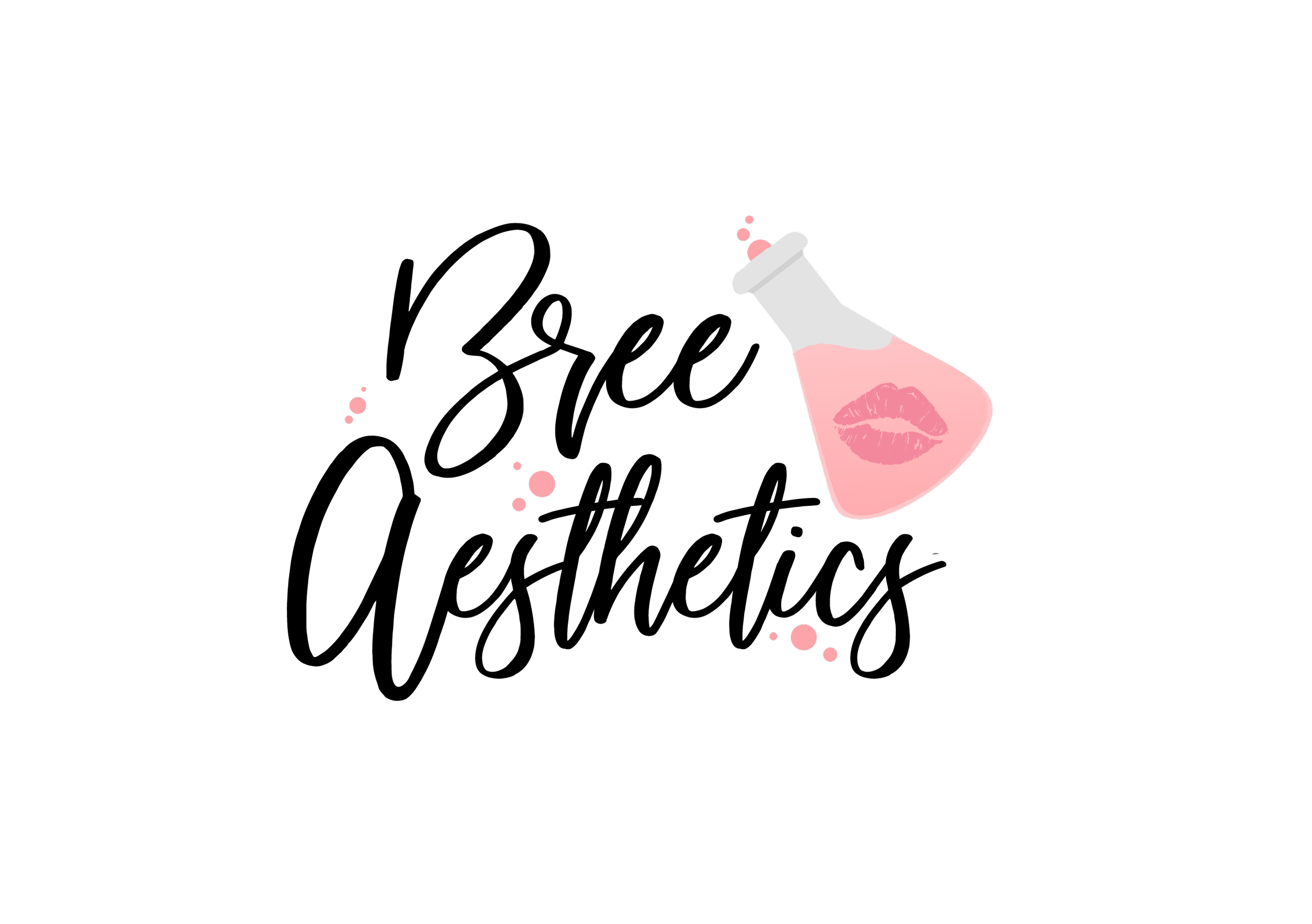Acne Scars and Dark Spots (Hyperpigmentation)
Acne scars and hyperpigmentation can be challenging to remove completely, but there are various treatments and skincare approaches that can help minimize their appearance. It's important to note that the effectiveness of these treatments can vary, and it may take time to see noticeable improvements. Here are some common methods to reduce acne scars:
1. **Topical Treatments:**
- **Retinoids:** Prescription retinoid creams, such as tretinoin, can help improve skin texture and promote collagen production, which may reduce the appearance of acne scars.
- **Vitamin C:** Topical vitamin C can help brighten the skin and promote collagen synthesis. It is available in serums or creams.
2. **Chemical Peels:**
- Chemical peels involve the application of a chemical solution to the skin, which exfoliates the outer layer. This can improve the appearance of acne scars over time.
3. **Microdermabrasion:**
- Microdermabrasion is a non-invasive procedure that exfoliates the outer layer of the skin, promoting the growth of new, smoother skin. It's not as aggressive as some other treatments, making it suitable for mild scarring.
4. **Laser Therapy:**
- Fractional laser therapy and other laser treatments can target specific areas of scarring, promoting collagen production and improving skin texture.
5. **Microneedling:**
- Microneedling involves the use of tiny needles to create micro-injuries in the skin, stimulating collagen production and improving the appearance of scars.
6. **Dermal Fillers:**
- Injectable dermal fillers can be used to raise depressed scars and make them less noticeable. This is a temporary solution, and repeat treatments may be needed.
7. **Silicone Gel or Sheets:**
- Silicone-based products, such as gels or sheets, may help reduce the appearance of scars by hydrating and softening the skin.
8. **Sun Protection:**
- Sun exposure can worsen the appearance of scars. Use a broad-spectrum sunscreen with at least SPF 30 to protect your skin from harmful UV rays.
9. **Professional Dermatological Treatments:**
- Dermatologists may recommend more specialized treatments, such as subcision (breaking up scar tissue beneath the skin), punch excision (removing individual scars), or laser resurfacing.
It's essential to consult with a dermatologist to determine the most suitable treatment for your specific type of acne scars and skin condition. Additionally, be patient, as results may take time, and multiple treatments may be needed for optimal improvement. Always follow your dermatologist's recommendations and avoid picking at or squeezing existing acne, as this can worsen scarring.
